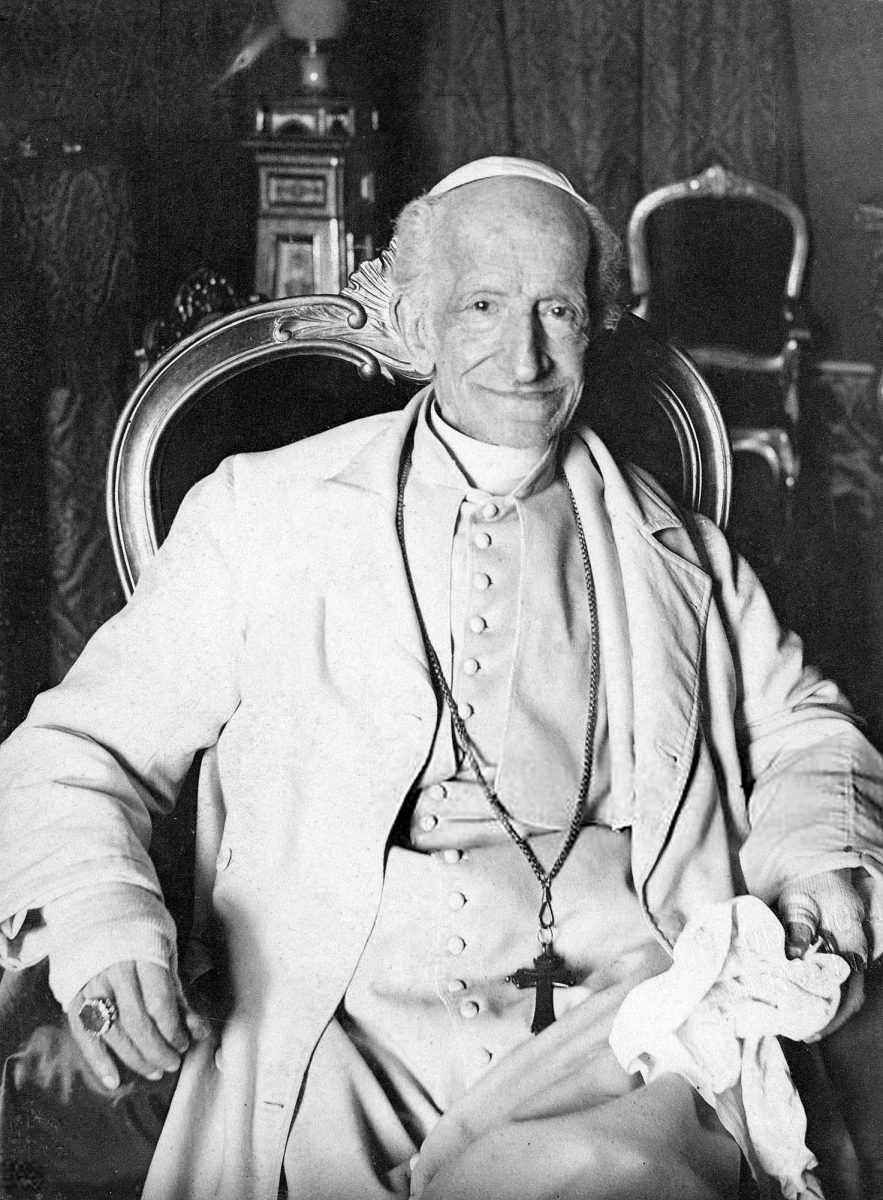Watching the Academic Senate meeting the other day, I was struck at just how empty the words of our acting president were in the face of the calm, intelligent and genuine expressions of care for the institution and for the community that came from the faculty.
While they use the words “Jesuit Catholic values,” do Marquette’s administrators really understand them, or are they just public relations terms used cynically to serve their changing purposes? The latter is a strong charge, but I don’t think we can avoid it any longer.
When our Acting President Kimo Ah-Yun says that he wants to be able to hire and fire faculty depending on changing admissions, does he really understand cura personalis? Does he understand what a community is? Can we have a community if we consider most of the people in it disposable? If we do not care for them in the lean times? It is the job of the administrators to create a financial bedrock in the institution to keep the community going when times are good and when times are difficult – that is leadership, not to throw people out of the lifeboat at the first sign of trouble.
When Kimo says our Jesuit Catholic Values are not consistent with a labor union for faculty, does he not know the Jesuit Catholic tradition of supporting labor unions? Does he not know what countless Popes and Jesuits have said about labor unions being essential to human dignity? It would appear that he does not. How can someone who is so willfully ignorant of our values lead us?
Another Latin phrase that Kimo deploys is that of “cura apostolica,” care of the community or the mission or the institution, against the idea of cura personalis. He uses it to suggest that we cannot take care of people because we need to take care of the institution. But what is left of the institution if we do not care for the people? What are the interests of the institution in Kimo’s mind? Looking at the way he uses the phrase “cura apostolica” it would appear that anything goes if it maintains his position, and the position of those in power in the administration. Attacking tenured faculty, emptying research funds, raising teaching loads without justification, closing popular programs, leaving programs with hundreds of majors without tenured or tenure-track faculty, leaving the Core to wither on the vine, rejecting attempts by non-tenure track faculty to have reasonable working conditions, cutting staff positions and leaving students, staff and faculty with less – this is not caring for the institution. This is how institutions are destroyed.
As a political philosopher and a historian of early modern philosophy, it appears to me that Kimo is using the term “cura apostolica” as 16th century political thinkers employed Tacitus’ phrase “reason of state.” This was a phrase that came to be associated with thinkers like Machiavelli and was developed into a political philosophy to justify the use of lies and other unethical strategies to support states and rulers. Rulers could invoke “reasons of state” to employ any means necessary to shore up their political power. When Kimo invokes “cura apostolica” to mean cutting faculty, increasing class sizes, cutting popular programs, cutting essential staff and keeping contracts for NTT faculty precarious, he is using it in the same way. These measures do not care for the community, for the mission or the work of the Jesuits, they simply shore up the power of Marquette’s current administrators for ends they have yet to disclose.
When considering this approach to leadership, it is helpful to remember the Jesuit response to this political philosophy at its inception. The Jesuit Giovanni Botero in his 1589 book Reason of State rejected this Machiavellian approach to leadership.
Seeking the advantage of the leaders over the good of the people or the community and doing so by vice was, for Botero, the surest way to ensure the downfall of the state. Overburdening the people that do the work of the university, faculty and staff, and offering less to students who financially support the mission and whose education is the essence of the mission is not how a community is cared for or preserved, it is how it is destroyed.
I am a tenured professor of philosophy at Marquette — one of many the University is trying to pressure to leave with increased teaching loads, increased service assignments and increased class sizes — and I do not want to leave. But, along with others who can, I will have to if the caretakers of the university do not curb these abuses of power and the willful mishandling of the university and its mission.
Like many, I believe there is a bright future for Marquette, but its light is being dimmed every day in the hands of our current president. We need leaders at Marquette who understand the real value of this institution and its Jesuit Catholic Mission. We need leaders who feed and grow our community, not leaders who seek to starve and shrink it.
This letter is a response to a message to the university community from Acting President and Provost Kimo Ah Yun and Vice-President and General Counsel Ralph Weber published at Marquette Today. It was written by Dr. Ericka Tucker, Associate Professor of Philosophy in the Klingler College of Arts and Sciences. She can be reached at ericka.tucker@marquette.edu.
To submit a letter to the editor, email Executive Opinions Editor Joseph Schamber who can be reached at joseph.schamber@marquette.edu and copy Print Production Manager Clara Lebrón and Production Director Izzy Fonfara Drewel on those emails. They can be reached at clara.lebron@marquette.edu and isabella.fonfaradrewel@marquette.edu.








